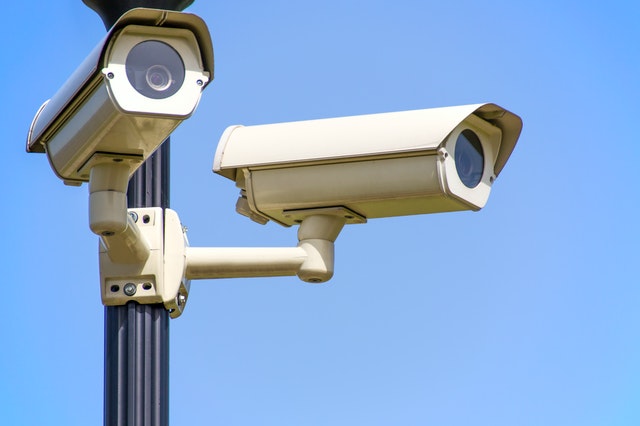If you’re thinking of working in the security industry, or you employ security staff, you may be wondering what sort of background checks security staff need to have.
In this blog, we’ll explain everything you need to know about DBS Checks for security staff.
The Security Industry Authority
The private security industry is regulated by the Security Industry Authority (SIA), and most security roles will require you to have an SIA licence.
As part of the licence application process, the SIA will check your criminal record. If you currently live in England or Wales, or outside of the UK, they will do this through the Disclosure and Barring Service (DBS).
If you live in Scotland they will use Disclosure Scotland, and if you live in Northern Ireland or the Republic of Ireland (or have done in the last five years), they’ll use AccessNI.
What sort of DBS Check will the SIA carry out?
The SIA will request a Standard DBS Check.
A Standard Check will show any spent or unspent convictions, cautions, reprimands or warnings the applicant has.
Standard DBS Check eligibility is defined by the Rehabilitation of Offenders Act 1974 (Exceptions) Order 1975.
This piece of legislation contains a list of roles, professions and activities that are eligible for a Standard Check. The list includes people applying for an SIA licence.
Which security roles need an SIA licence?
You’ll need an SIA licence if the work you’ll be doing is part of a ‘contract for services’ and involves a ‘licensable activity’.
A ‘contract for services’ is when you or your employer have a contract to supply your services to another organisation.
A ‘licensable activity’ is a job that requires you to hold a licence before you can do it. The following activities are all licensable:
- Manned guarding (for example, being a security guard or door supervisor, or guarding cash and valuables in transit)
- Key holding
- Vehicle immobilisation (Northern Ireland only)
Do all security roles require an SIA licence?
There are some security roles that do not require a licence.
You don’t usually need an SIA licence if you work ‘in-house’. This means you’re employed directly by the company that uses your services – for example, you’re employed by a supermarket as a security guard.
However, you’ll need an SIA licence if you work in-house and your role involves:
- Door supervision at a licensed premises
- Vehicle immobilising (Northern Ireland only)
In addition, you do not need an SIA licence to:
- Volunteer, as long as you have a written or spoken agreement that you won’t receive any payment or reward for your work
- Check people have paid for entry or have an invitation to an event – however, if you refuse them entry and/or make them leave, you’ll need a licence
- Perform stewarding duties, such as directing people to their seats
- Work in-house at a certified sports ground in England or Wales
- Work at an airport, as long as: you’re responsible for screening, access control or other security controls and you were recruited and trained in line with EU Commission regulation 185/2010
For roles that don’t require an SIA licence, the person in question can have a Basic DBS Check. This will show any unspent convictions or conditional cautions the applicant has.
You can find out more about which roles require SIA licences here.
Do any security roles require an Enhanced DBS Check?
There may be occasions when somebody in a private security role would require an Enhanced DBS Check in addition to an SIA licence (if applicable).
Enhanced-level Checks could be required depending on the establishment the applicants are working in.
An Enhanced DBS Check will show the same criminal record information as a Standard Check, plus any other relevant information held by the applicant’s local police force.
Enhanced DBS Checks may also show whether the applicant is barred from working with children and/or vulnerable adults, if the role is eligible for a barred list check and the employer requests one.
You can find out more about Enhanced Check eligibility here.
If you have any questions about DBS Check eligibility, please don’t hesitate to get in touch with us – we’re always happy to help.







